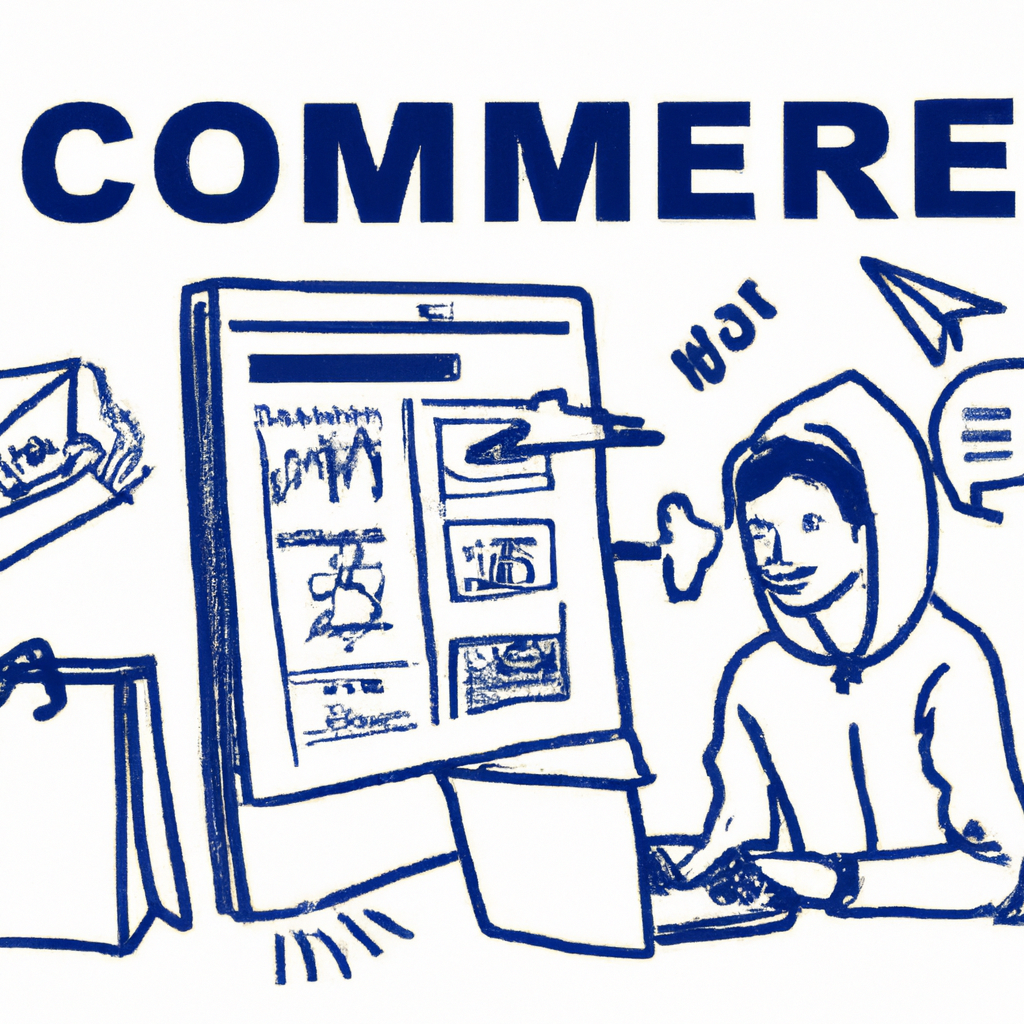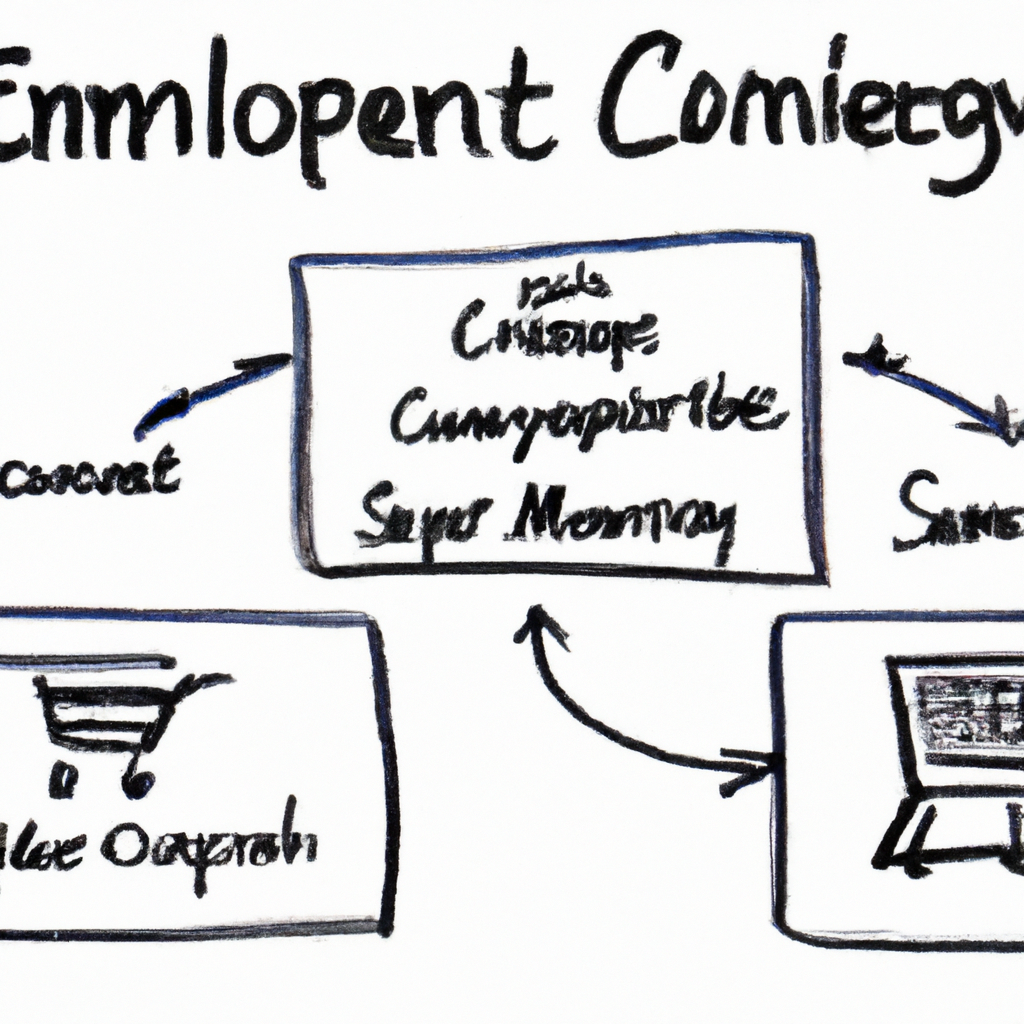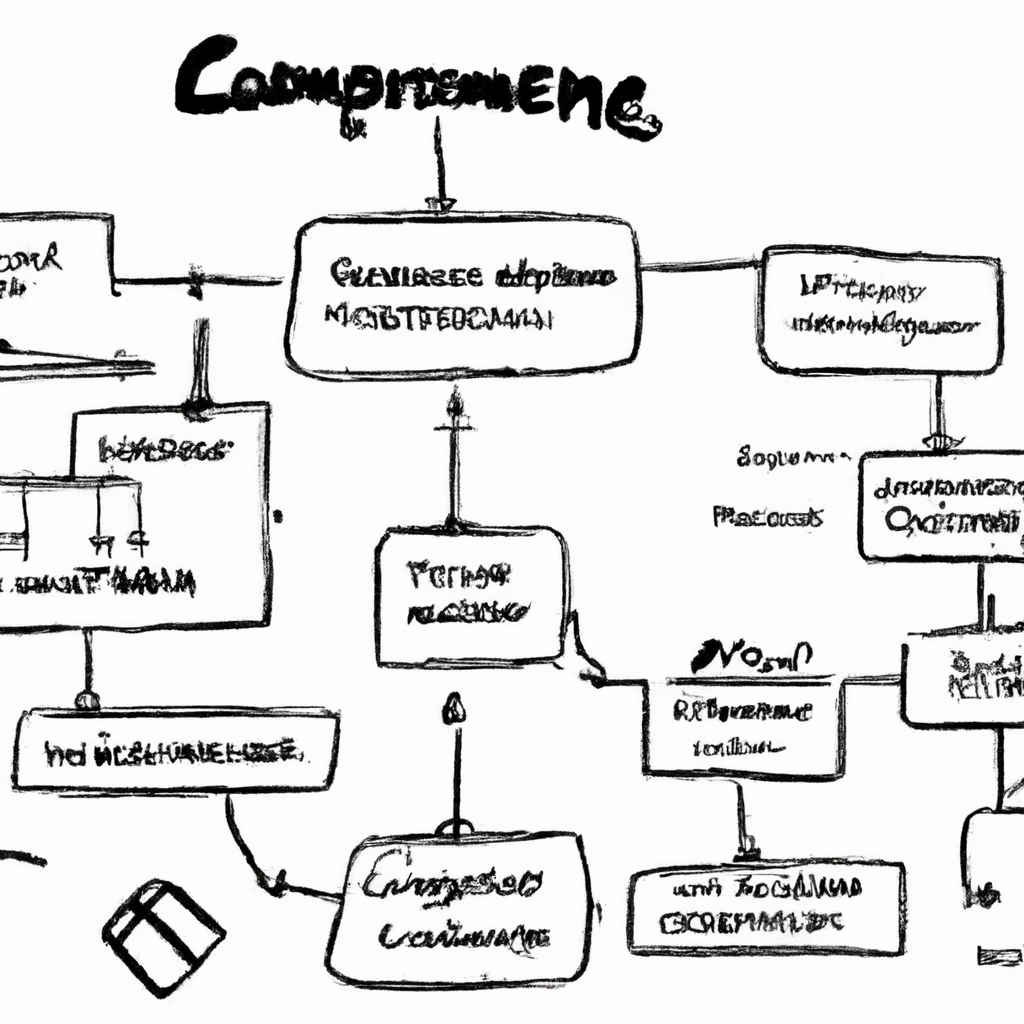Dear Readers,
AI plays a crucial role in our blog, helping us manage our time more effectively to keep the content flowing. While AI assists with content creation, which may lead to occasional spelling or grammar errors, our primary goal remains clear: to deliver meaningful insights to you. For important matters, please consult a specialist.
Thank you for your understanding and support.
Best regards,
Education.com.cy
1. Table of Contents
1. Summary
Starting an online company to sell various products can be challenging, but with the right strategies and partnerships, these challenges can be overcome. Initially, creating an online store requires finding reliable developers and investing in training to manage the website independently. Effective use of social media advertising, particularly on platforms like Facebook, can significantly boost sales, though it is essential to be cautious of potential scams. Diversifying traffic sources through SEO and organic search can provide stability and reduce dependency on a single platform.
Building strong relationships with partners can help in stocking products without maintaining large inventories. Continuous learning and adapting to new skills, such as website management and product listing, are crucial for long-term success. It is important to treat an online store with the same dedication as a physical store, investing time and resources consistently. Ownership and administrative control over the e-commerce platform are vital to avoid over-reliance on developers.
Ultimately, gaining customer trust through effective advertising, prompt responses, and positive reviews is key to encouraging online purchases. By maintaining a customer-centric approach and staying informed about the latest e-commerce trends, one can navigate and overcome the challenges in the e-commerce industry.
2. Introduction
Starting an e-commerce business comes with its own set of challenges, but overcoming them can lead to significant rewards. When I decided to launch my online company six years ago, I faced numerous obstacles, from setting up the website to managing advertising and inventory. Initially, I sought help from experienced individuals like Panagiotis and Elpidios, who guided me through the technical aspects and marketing strategies. Despite setbacks, such as dealing with scams and managing organic traffic, I learned the importance of being hands-on and adaptable. Building trust with customers through responsive service and reliable advertising was crucial. Over time, I developed the skills to manage my online store independently, emphasizing the need for continuous investment in social media and SEO. My journey taught me that success in e-commerce requires persistence, adaptability, and a willingness to learn and evolve.
3. Main Sections
Technological Challenges
Technological challenges in the e-commerce industry include the need for effective website development and maintenance, ensuring secure online transactions, managing online advertising and organic traffic, and maintaining customer trust through reviews and responsive communication. Additionally, e-commerce businesses must be prepared to handle potential scams and cyber threats, and they should have the capability to manage their online presence independently without over-reliance on developers.

Supply Chain and Logistics
In the e-commerce industry, supply chain and logistics challenges can include managing inventory effectively, ensuring timely delivery, and maintaining customer satisfaction. One must also navigate issues such as dependency on third-party platforms for advertising and sales, which can lead to vulnerabilities like scams or account issues. Additionally, building trust with customers through reliable service and transparent communication is crucial. It is important to have control over the online store’s operations, including product listings, pricing, and promotions, to avoid over-reliance on developers and to respond quickly to market changes.

Find out how the strategies discussed in the article
"How Teaching a Song Can Improve Your Child’s Learning and Well-Being"can help address internet addiction in children and teens.
Customer Experience
Customer experience challenges in the e-commerce industry can include several key issues. Firstly, ensuring quick and effective communication with customers is crucial, as delays or poor responses can lead to dissatisfaction. Secondly, managing inventory accurately is essential to avoid stockouts or overselling, which can frustrate customers. Thirdly, building trust through reliable and secure payment methods is vital, as customers need to feel confident that their financial information is safe. Additionally, providing a seamless and user-friendly website experience is important to keep customers engaged and reduce cart abandonment. Lastly, maintaining a strong presence on social media and leveraging organic traffic through SEO can help in attracting and retaining customers, but it requires consistent effort and investment.

Regulatory and Compliance Issues
In the e-commerce industry, regulatory and compliance issues can include ensuring data protection and privacy, adhering to consumer protection laws, managing online payment security, complying with advertising standards, and meeting international trade regulations. Businesses must also be aware of intellectual property rights, tax obligations, and maintaining transparent return and refund policies. Ensuring compliance with these regulations helps build trust with customers and avoids legal complications.

Competition and Market Saturation
The e-commerce industry can be highly competitive and saturated, requiring businesses to differentiate themselves and continuously adapt to market changes. Success often involves strategic investments in social media advertising, search engine optimization (SEO), and building strong partnerships. It’s crucial to maintain a responsive and customer-focused approach, ensuring efficient inventory management and leveraging organic traffic to reduce dependency on paid advertising. Additionally, having a good understanding of website management and not relying solely on developers can provide a competitive edge. Building trust through customer reviews and providing excellent service are also key factors in standing out in a crowded market.

4. Conclusion
Overcoming challenges in the e-commerce industry requires a combination of strategic planning, continuous learning, and adaptability. It’s essential to invest in social media and SEO to drive traffic and sales, while also being prepared for potential setbacks such as scams or platform issues. Building strong partnerships can help mitigate inventory risks, and gaining technical skills to manage your online store independently is crucial. Trust-building through customer reviews and effective advertising is key to gaining and retaining customers. Ultimately, persistence, smart investment, and a willingness to adapt are vital for success in e-commerce.

Thank you for reading our article on Overcoming Challenges in the E-commerce Industry. We highly value your feedback and invite you to take a brief survey to share your thoughts and experiences. Your responses will be kept confidential.
Dear Readers,
Welcome to my blog, where technology, music, and visual arts come together to spark creativity and growth. By subscribing, you’ll become part of a vibrant community committed to exploring and learning in these areas.
Select the type of engagement that suits you best:
Join us and enjoy tailored content and direct support suited to your interests.
